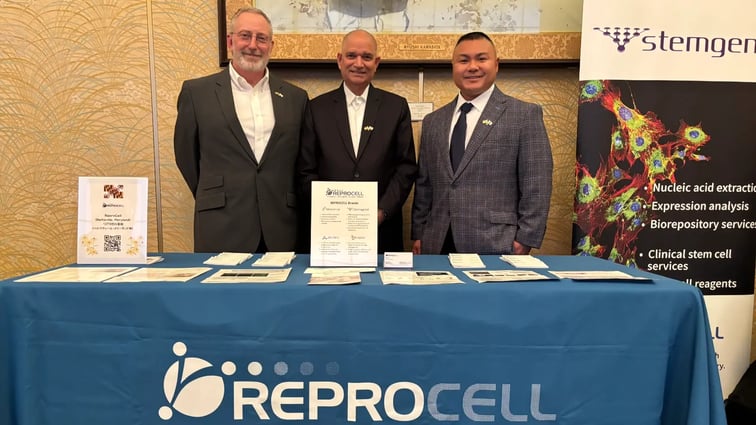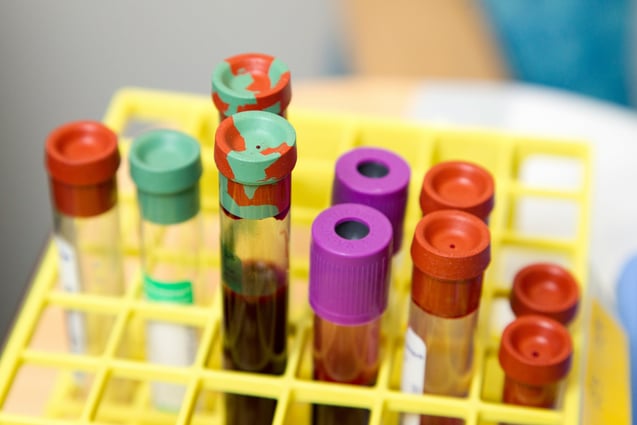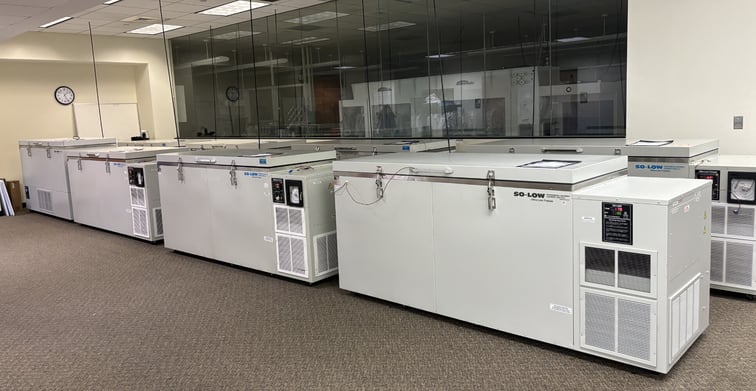What is Circulating Tumor DNA (ctDNA)?
ctDNA or circulating tumor DNA, is fragmented DNA derived from tumors circulating in the patient’s blood that is not associated with other cells. ctDNA fragments originate from tumors and can reflect part of the tumor genome. The quantity of ctDNA depends on the type of tumor, where it is located, tumor stage and response to treatment. These features make it useful in less invasive liquid biopsies to detect tumors, monitor progression of tumors and detect residual biomarkers in remission during and after treatment. Based on these reasons, the USFDA has issued a draft guidance on using ctDNA for early-stage solid tumor drug development. This guidance is to help drug developers use ctDNA as a biomarker early in the clinical trials and to get approval for in vitro diagnostic assays.
Why ctDNA?
- FDA and pharma are both working to accelerate drug development
- Currently major delay in drug development is understanding the tumor response to the drug
- A less-invasive rapid assessment of response is provided by ctDNA assays
- FDA is encouraging the incorporation of such assays in clinical trials
- The number of clinical trials that are using such assays has grown exponentially in the last 5 years
- Small and mid-size biopharma are also including these as endpoints
How can ctDNA be used as a regulatory biomarker?
The draft guidelines provided by FDA has outlined 4 different ways ctDNA can be incorporated into clinical trials involving early-stage solid tumors.
- Patient selection based on mutation profile
- As a marker for remission to enrich the patient population in the trial who are at a higher risk
- As a marker for response to treatment
- As an early endpoint in a clinical trial
REPROCELL Offers the following ctDNA-related Services
- Optimized ctDNA extraction from human plasma
- Have validated many off the shelf oncology panels (see panels below)
- Developing assays for stage I clinical trial for non-small cell lung cancer, for non-smoker subjects
- Development and optimization of custom panels based on the clinical trials and customer input
- Breast, colorectal, lung, and pancreatic cancer specific panels are available
| Breast Cancer | Lung Cancer & Colon Cancer | Pancreatic Cancer | Colorectal Cancer |
|
|
|
|


